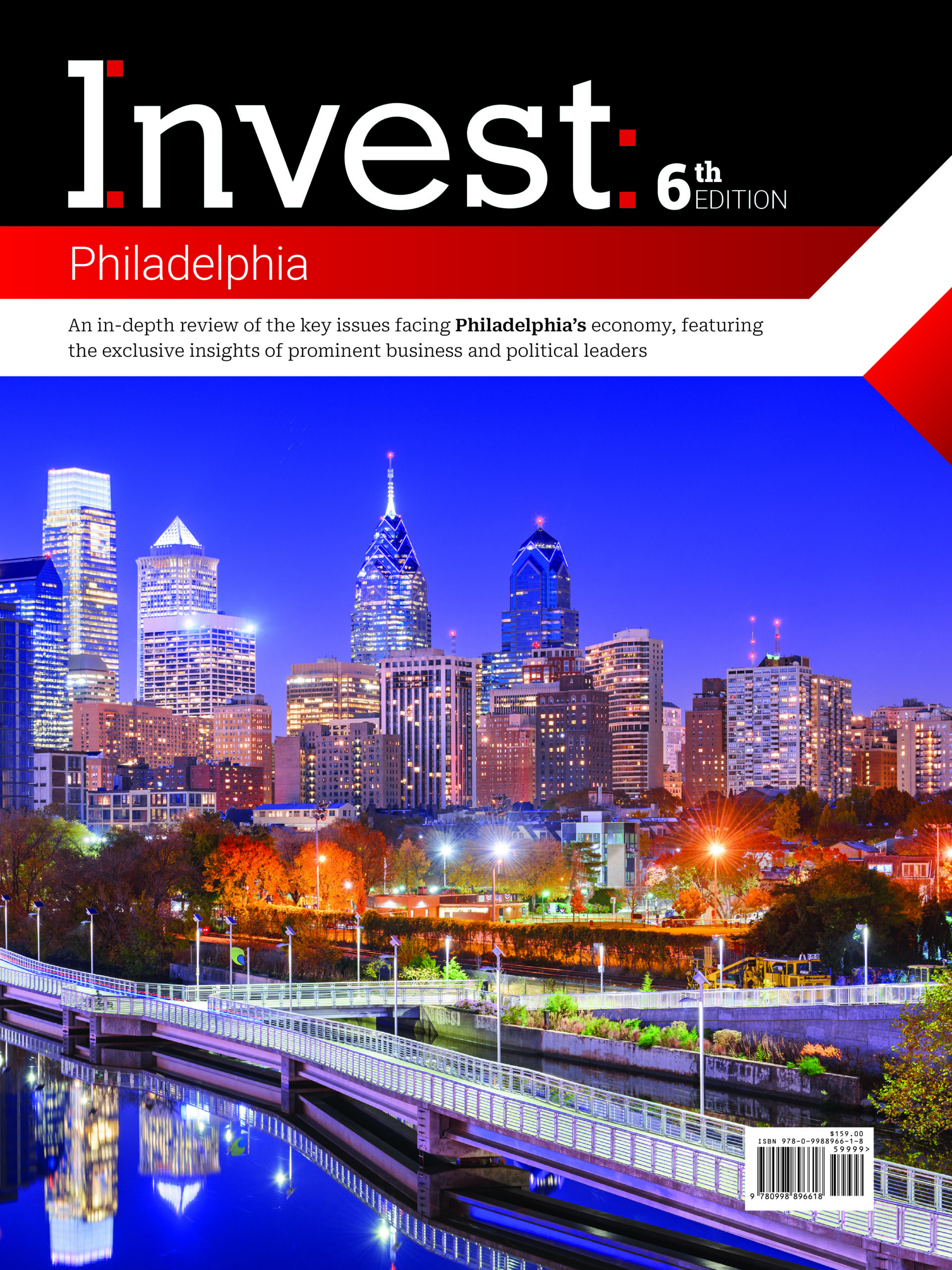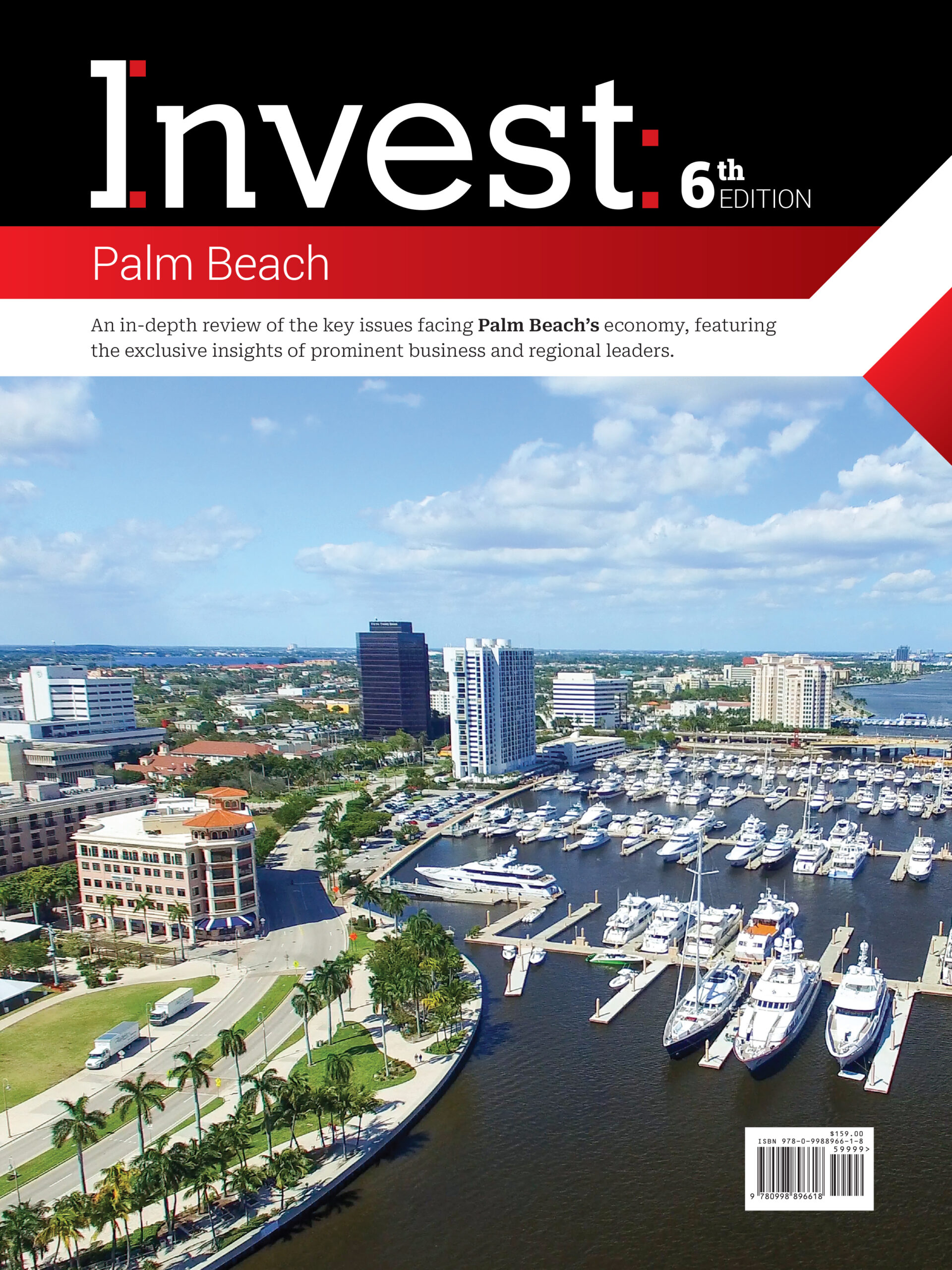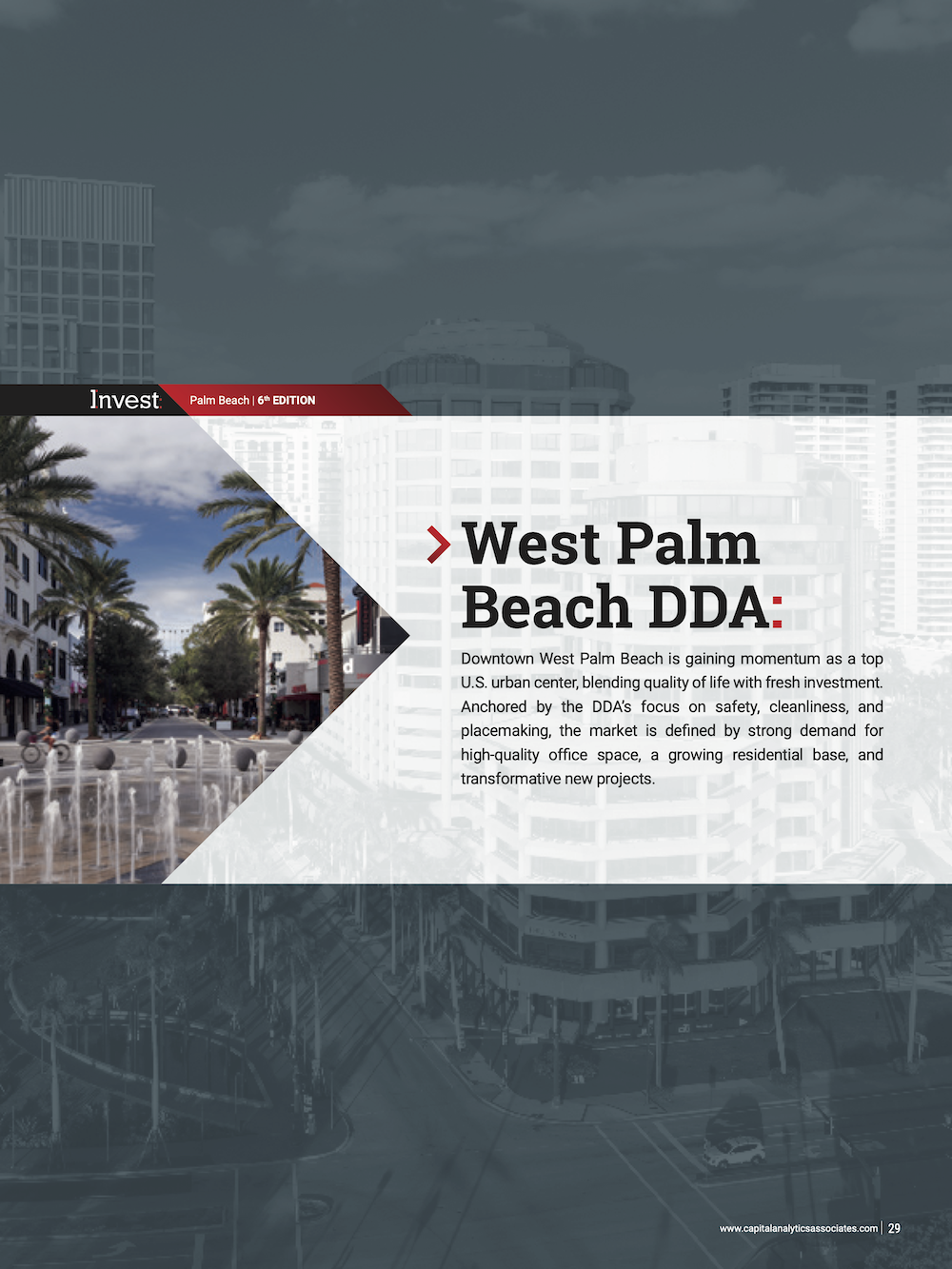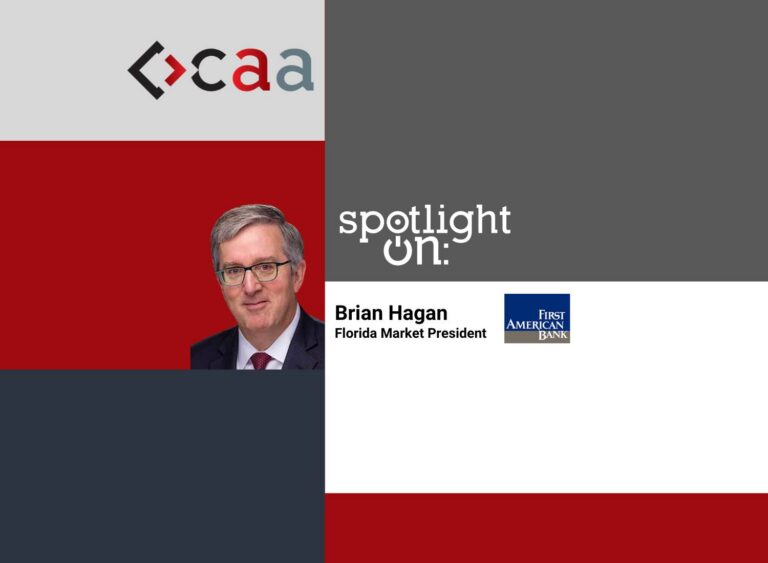South Florida leaders express cautious optimism as Trump returns to the White House
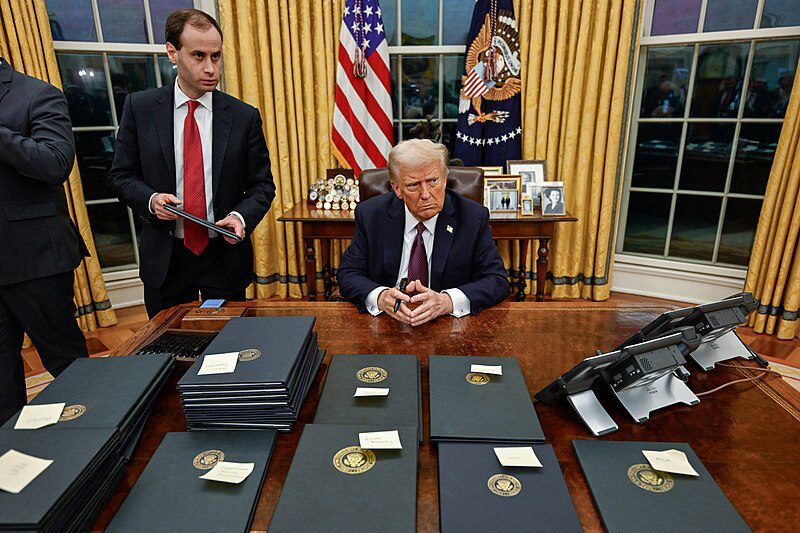
Writer: Eleana Teran
January 2025 — With Donald Trump officially beginning his second term as president, South Florida’s business community is responding to the anticipated policy shifts and economic impacts. Leaders in banking, real estate and professional services are preparing to adapt to changes in tax policies, interest rates and regulatory frameworks while focusing on leveraging the region’s economic strengths. Despite lingering challenges from the election year, optimism about the local economy and opportunities for growth remains strong among industry stakeholders.
The return of Trump’s administration brings the possibility of a lower corporate tax rate, an extension of provisions from the 2017 Tax Cuts and Jobs Act (TCJA) set to expire at the end of this year, and significant tariff changes — all with implications for businesses nationwide. While tariffs and inflation pose concerns, optimism in the Southern markets remains high, with 80% of regional business leaders rating their economy as ‘strong,’ according to the 4Q24 Capital Analytics’ Business Sentiment Survey (CABSS). Many are optimistic that the new administration’s focus on business-friendly policies will build on the region’s growth through trade and tax incentives.
South Florida leaders, including Antonio Argiz of BDO USA, Daniel Chaberman of Grupo Eco, Israel Velasco of Popular Bank, Keith Costello of Locality Bank, and Luis de la Aguilera of U.S. Century Bank, shared their insights on these developments with Invest:. From tax policy uncertainty and fluctuating interest rates to opportunities presented by market consolidation and reshoring efforts, their perspectives underscore a region poised for resilience and growth amidst change.
Antonio Argiz, South Florida Managing Principal, BDO USA
 With the 2024 election behind us, local businesses are preparing for potential changes to tax policies, such as a lower corporate tax rate under the Trump administration. However, businesses are also waiting to see what will happen if key provisions from the 2017 Tax Cuts and Jobs Act (TCJA) are allowed to expire. If not extended, the expiration of many of these provisions could alter the tax landscape for companies across Miami and beyond.
With the 2024 election behind us, local businesses are preparing for potential changes to tax policies, such as a lower corporate tax rate under the Trump administration. However, businesses are also waiting to see what will happen if key provisions from the 2017 Tax Cuts and Jobs Act (TCJA) are allowed to expire. If not extended, the expiration of many of these provisions could alter the tax landscape for companies across Miami and beyond.
Daniel Chaberman, Real Estate Developer & Leasing Director, Grupo Eco
 2024 was undoubtedly a complicated year due to these factors, compounded by the uncertainty surrounding the elections. Despite these challenges, we did not experience a market crash like some other states did. This was largely due to the continued influx of people, both families and corporations, moving into the state, especially South Florida. This steady inflow was, in my opinion, a major factor that kept the market from crashing. That said, there was a noticeable slowdown in activity across the board, including condo sales, retail leasing, office space.
2024 was undoubtedly a complicated year due to these factors, compounded by the uncertainty surrounding the elections. Despite these challenges, we did not experience a market crash like some other states did. This was largely due to the continued influx of people, both families and corporations, moving into the state, especially South Florida. This steady inflow was, in my opinion, a major factor that kept the market from crashing. That said, there was a noticeable slowdown in activity across the board, including condo sales, retail leasing, office space.
Now, post-election, the environment feels different. Interest rates have started to decline, and I am optimistic about what lies ahead for Miami, Broward, and Palm Beach in the near term.
Israel Velasco, Florida Region President, Popular Bank
 I do not believe the presidential election will have a significant impact on the future of our business. Because the economy in South Florida is so robust, we are not focused on who will be the next President. Our priorities remain the same as before.
I do not believe the presidential election will have a significant impact on the future of our business. Because the economy in South Florida is so robust, we are not focused on who will be the next President. Our priorities remain the same as before.
That said, the recent Fed rate cut will likely influence the market more than any political changes. Lower interest rates will stimulate more borrowing, which will boost the economy. We expect to see additional rate cuts, which should lead to more activity in the real estate sector. Although real estate has remained strong, the number of transactions has been lower due to high interest rates. As rates drop, we anticipate a resurgence in activity.
Keith Costello, CEO, Locality Bank
 On the SBA lending side, we saw interest rates on floating rate loans as high as 11%. It’s hard for many smaller businesses to service that level of debt. We observed a slowdown on the SBA lending, but that’s beginning to come back up. Part of that pickup is also a result of some of the people who we’ve brought on in that area.
On the SBA lending side, we saw interest rates on floating rate loans as high as 11%. It’s hard for many smaller businesses to service that level of debt. We observed a slowdown on the SBA lending, but that’s beginning to come back up. Part of that pickup is also a result of some of the people who we’ve brought on in that area.
Looking forward, it seems like rates will come down, and the stock market has responded well now that the election is over. There’s talk of pulling back on some regulation. Banking is a highly regulated industry, and each regulation means spending more on compliance, and spending less on serving our customers
Luis de la Aguilera, Chairman, President and CEO, U.S. Century Bank
 It’s believed that after the elections, once the political landscape clarifies, the banking sector will see strong consolidation. In 2010, there were over 7,700 banks; now we’re down to around 4,100, highlighting significant consolidation so far. The market expects more to come.
It’s believed that after the elections, once the political landscape clarifies, the banking sector will see strong consolidation. In 2010, there were over 7,700 banks; now we’re down to around 4,100, highlighting significant consolidation so far. The market expects more to come.
Consolidation creates opportunities. Clients of larger banks, especially after acquisitions, often seek more personalized experiences, and talented bankers may look to community or regional banks like U.S. Century Bank, presenting us with opportunities for organic growth and market strengthening.
Image via The Trump White House/Wikimedia
For more information, please visit:

